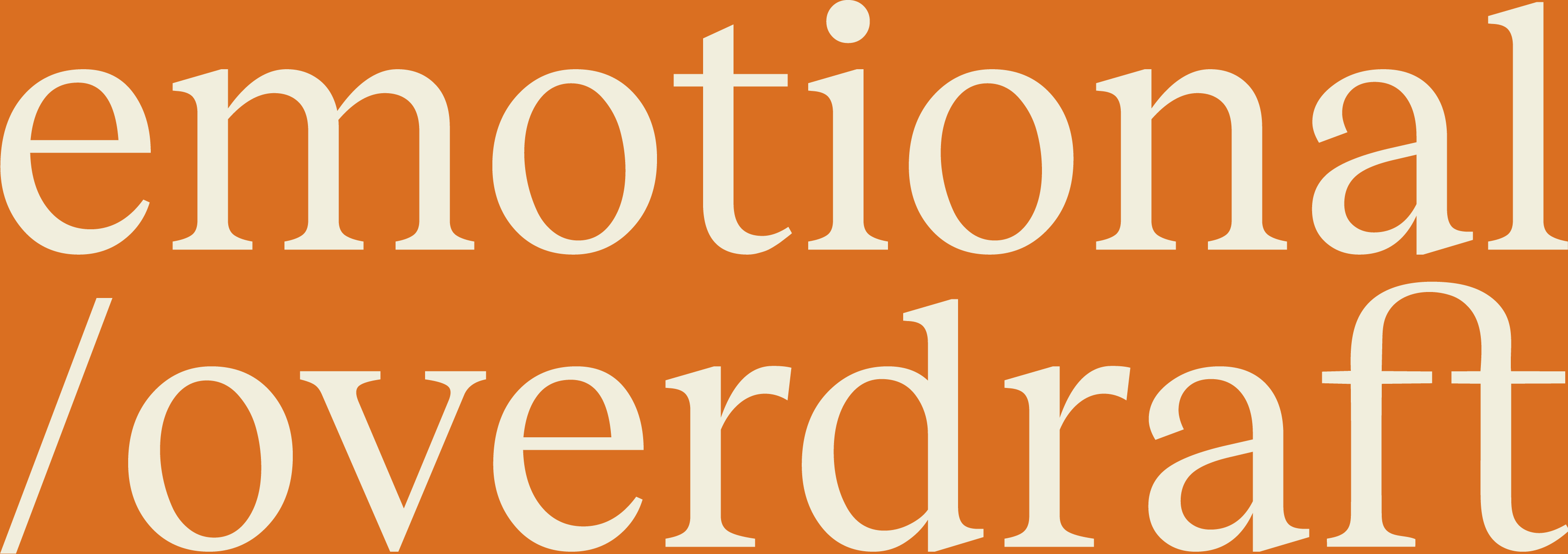If you’re looking to transform your habits, Jeff McKeon’s list (shared on LinkedIn) of recommended reads is an inspiring starting point. These books are invitations to reframe how we think about habits, productivity, and growth. Building habits is essential to maintaining balance and purpose in life, especially for leaders who face challenges that can drain mental resilience—a concept I discuss in The Emotional Overdraft. By understanding and applying principles from each of these works, you can develop habits that support sustainable success and avoid dipping into what I call your “emotional overdraft.”
Here’s a breakdown of the top reads Jeff shared and how each one contributes to building a more resilient, habit-driven life.
1. The 4 Disciplines of Execution – Sean Covey, Chris McChesney, and Jim Huling
This book delves into setting and sticking to “lead measures”—daily actions that directly influence our “lag measures,” or long-term outcomes. It’s an essential read for anyone looking to turn big goals into achievable milestones. By focusing on the small, actionable steps that drive results, The 4 Disciplines of Execution reminds us that reaching our goals often lies in the details. This approach helps prevent burnout by keeping efforts focused and streamlined.
2. The Power of Habit – Charles Duhigg
Duhigg explores the science behind habit formation, offering fascinating stories about how habits impact our lives and work. This book unpacks the psychology of habit loops—the cues, routines, and rewards that shape much of our daily behaviour. Understanding this cycle provides insight into how to break old patterns and establish new ones. The Power of Habit also illustrates that by addressing the underlying behaviours that keep us “overdrawn” emotionally, we can learn to make choices that support long-term well-being.
3. Limitless – Jim Kwik
A more personal and transformational take, Limitless introduces techniques for optimising our mental capacity and enhancing learning. Kwik’s methods are designed to build habits that support lifelong learning and mental agility—key for anyone facing a high-demand life or role. His insights show that by creating habits that support cognitive flexibility, we can more effectively handle life’s challenges and avoid exhausting our emotional reserves.
4. Atomic Habits – James Clear
Clear’s work is a powerful exploration of the domino effect a single habit can have on all others. Atomic Habits highlights the importance of structure and timing, teaching readers how small, consistent changes can lead to big results. Clear’s approach also resonates with those seeking to find the “keystone habits” that bring balance and clarity, an essential piece of avoiding the “overwork” that fuels an emotional overdraft.
5. Tiny Habits – BJ Fogg
Fogg emphasises that starting small can lead to lasting changes. Tiny Habits introduces the concept of “habit stacking,” or building new behaviours onto existing routines, which helps create a foundation for growth that’s manageable and sustainable. In a world where big goals can quickly become overwhelming, this book provides a refreshing approach to avoid burning out by setting realistic, achievable expectations.
6. High Performance Habits – Brendon Burchard
If you’re looking to drive both personal and professional success, High Performance Habits is essential reading. Burchard presents a set of disciplines that can be applied universally to help you succeed while staying balanced. His book is a reminder that while it’s important to push forward, maintaining a healthy balance is key to preventing burnout and emotional strain.
Why this list matters
These books represent different perspectives on habit-building but converge on a shared goal: creating sustainable practices that allow you to excel without exhausting your mental and emotional reserves. When combined, these insights create a robust toolkit for anyone seeking to cultivate habits that lead to a fulfilling, balanced life.
It’s worth noting that while these books offer a structured approach to building habits, they also touch on the dangers of overextending ourselves—a common trap in leadership roles. In The Emotional Overdraft, I explore how habitual overworking can create an “emotional overdraft,” draining resilience and ultimately hindering our potential. Building healthy habits, as outlined in these books, can help you maintain the balance needed to thrive without sacrificing well-being.
Whether you’re looking to advance in your career, improve your personal life, or simply build more resilience, these books are a great place to start. Your future self will thank you for the effort.
Thanks for sharing the list, Jeff.
Andy.

